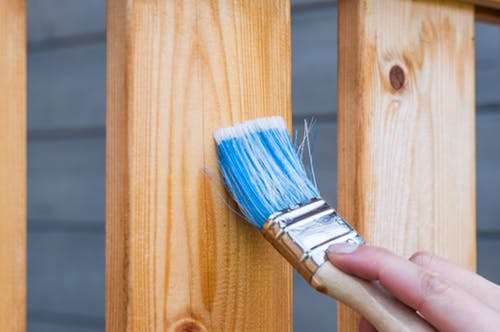Mildew is a naturally occurring substance that adds substantially to the decomposition of plant remains, such as leaves and timber. However, it may be harmful to one’s health if it is permitted to thrive inside your residence. When mold spores are released, they are a significant source of indoor air pollution, resulting in mold allergies in human beings.
What is a mold allergy?
Mold allergy is caused by breathing mold spores and minute fungus spores. Due to their small size, these spores can get past the nose and upper respiratory system defenses, and ultimately, the lungs, before being noticed.
Causes
Just a few types of mold are found to cause allergic reactions. Along with Alternaria, Cladosporium, Pseudomonas aeruginosa and Penicillium. Allergy symptoms can be triggered by exposure to mold spores. A specific antibody is formed by human bodies to combat the mold when this occurs.
Symptoms
As with other upper respiratory system allergies, mold and mildew allergy signs and symptoms may be similar. Among the most usual signs and symptoms are:
- Inflammatory Rhinitis
- Sneezing.
- Runny Nose
- Nose Blockage
- Red, itchy, and watery eyes
- Breathing Problem
- Tiredness
- Weakness
Inhalation of mold spores can cause hay fever symptoms and asthma or allergic bronchopulmonary aspergillosis in the lungs. For that reason, you should work with a mold remediation firm to determine the breeding ground of molds and stop it from thriving back. You must get rid of the cause of an allergy to prevent possible health complications.
Treatment
Medication
Mold allergy symptoms are handled with antihistamines, bronchodilators, and corticosteroids because there is no remedy for mold and mildew allergy. The most typical and most effective allergy drugs are corticosteroids, which aid in stopping and treating swelling. Antihistamines alleviate itching, sneezing, and runny nose by preventing the body’s immune system from releasing histamine during an allergy.
Antihistamines are available over-the-counter. However, as most people say, prevention is far better than cure. Therefore, you need to employ a mold cleaning company to prevent mold-related allergies. Your mold problems will be gone with their complete set of equipment and knowledge polished by experience.
Mold Exposure Reduction
Mold allergy sufferers need to try this approach first. Avoid trimming the lawn, excavating in the yard, or picking up fallen leaves if you have a mold allergy. Make sure you utilize a dust mask if you have to engage in these tasks. You need to leave the cleaning and remediation jobs to experts. They can figure out the possible spots where mold and mildews can grow. You need to know that experts best deal with some tasks. If you need help with your mold concerns, click here.
Immunotherapy
To deal with some allergies, a series of allergy shots are provided. However, immunotherapy for mold and mildew allergies is only slightly effective.
Nasal Mucosa Lavage
This is regularly utilized to relieve the discomfort caused by a runny nose. Congestion can be reduced by cleaning the nose with salt water and doing this.
Final Thoughts
Allergies to mold spores, like other allergies, can lead to minor pain up to serious health problems and death. Mold allergy signs and symptoms can be alleviated with various therapeutic interventions. Instead of focusing on the allergy itself, the most effective course of action is to find the source of the mold and mildew. After seeing the existence of mold, you might remove it and eliminate any mold allergy that may have resulted.



